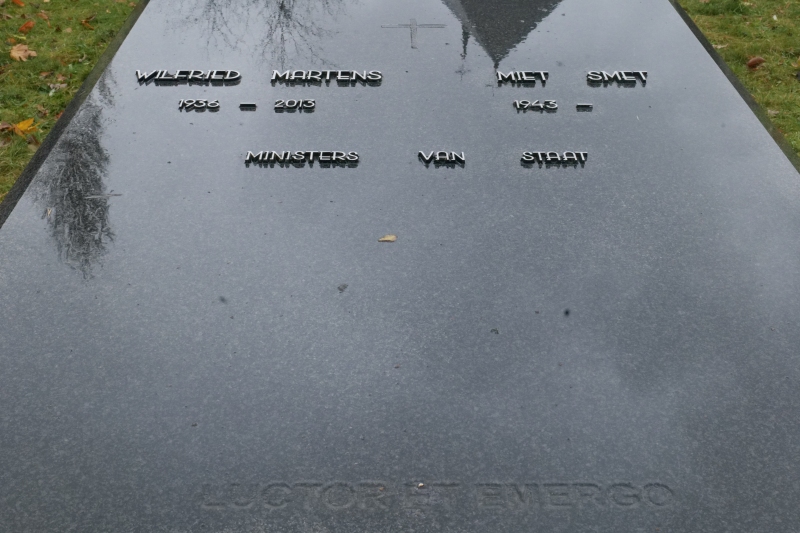Hearing someone suggest hurrying up is a regular event. In many situations, this can even lead to useful action, such as running enabling you to catch the bus.
However, there is also a variant that may be applied to time in general and independently from time. That is when a sense of being rushed appears and time starts to feel limited.
Imagine a workout that is limited to an hour and running on the treadmill is hastened to win time. Imagine training that is limited to two hours and its facilitator constantly reminding the participants of the limited time available while presenting more and more information. Imagine someone you are talking with whose speech is becoming thoughtful and halting as if wanting to stretch the available time.
That’s when people start to be somewhat driven by hurrying up. It’s as if it wasn’t their choice anymore. This may very well be true, as being driven by that sense they have started to react to some social message that appears to them. Something in the situation shifted their attitude and they have become responsive to an idea of what their behavior should be.
Consider, for example, the facilitator who believes that his training will only be useful if there is enough content and fears that within 2 hours the learning will not be sufficient. Or take the person who suddenly feels he will not have enough time to think things through. Assuming, for example, that the result of his thinking process needs to be the right answer, it isn’t astonishing that the person might try to slow things down to have a sense of gaining time.
In Transactional Analysis, we’ll talk about Drivers, because people are driven by the behavior they exhibit. It is a sign that the person might worry about being ok. Whenever someone questions their sense of being ok, they’ll find themselves adapting their behavior in the hope that it helps them feel acceptable and be recognized.
There is nothing intrinsically wrong with hurrying up, or the other drivers. Quite often, noticing the need to hurry up might have been the right thing to do and allowed the person to develop a useful capacity. Where these behaviors are less helpful is when the belief in the given situation is that one will only be ok if one achieves to hurry up. That is when hurrying up is an automatic reaction instead of a chosen one.
Becoming aware of one’s own behavior and reactions thus can become transformative in our relationships with others. Being driven by something can become a choice and be adapted to the situation. Imagine a leader rushing his team through a project without considering if it is necessary or useful. Once the leader becomes aware of his tendency to hurry up, he has a tool that allows him to choose his reaction when he feels himself starting to hurry up.



2 Responses
My, then very young, daughter said to me when I was peeling a pear for her one day: “Daddy, Maman does this much faster, but it doesn’t matter really”…
She must have known that your attention and the pear 😉 were what she wanted and appreciated.